President Ismail Omar Guelleh of the Republic of Djibouti has announced that the country is ready to partner with international investors to expand its private sector and diversify the economy.
President Guelleh, who spoke at the inaugural Djibouti Forum, where he welcomed political and business leaders from around the globe, extended a warm invitation to would-be-investors looking to venture into different sectors of the country’s economy, assuring them of many unexplored opportunities, a business-friendly environment, and his government’s dedicated support. He however also called for fair and mutually beneficial investments and partnerships.
Join our WhatsApp ChannelHe said: “Our absolute priority has been to guarantee economic prosperity, development and the wellbeing of our citizens while preserving our sovereignty, independence and security.”
Djibouti’s location on the Bab el-Mandeb strait on the southern end of the Red Sea means that it lies on the main shipping routes between Asia and Europe, with almost a third of the world’s seaborne trade passing by Djibouti’s shores. This presents a unique opportunity for investors to co-invest with the government in the country’s ports and logistics sector. However, the country’s Vision 2035 is based on economic diversification including in sectors such as ICT, finance and industry. He also said that first mover advantage is key in business and the time is now.
To assist investors, the country had in 2020 created a sovereign wealth fund designed to co-invest and take equity stakes in certain projects. “It is essential to accelerate our modernization. It is on this basis that the sovereign wealth fund of Djibouti was created. The fund opens the way for the emergence of Djibouti as a hub of excellence,” said President Guelleh.
Dr Slim Feriani, the Fund’s CEO said that having worked in emerging markets for over 30 years, Djibouti has all the fundamentals for rapid transformation, most importantly political will and a currency that is pegged to the dollar, offering investors predictability and free movement of capital.
“Stability is the key word for Djibouti. It’s important to remember this because uncertainty is the worst enemy of human beings and every investor,” he said.
The Forum had a number of high level experts, including renowned economist Charlie Robertson, Head of Macro Strategy, FIM Partners UK. He noted that Djibouti was one of the most improved countries on the continent when it comes to literacy rates, citing this as a strong reason to be optimistic about the nation’s long-term economic prospects.
“The literacy level has moved from low to escape poverty to enough children in secondary school to provide human capital for growth,” he said. “There’s more to be done but this is very encouraging.” Other key factors, according to Robertson, include electrification and moderate but positive population growth.
Dr Donald Kaberuka, Co-Founder Southbridge Group, and former President of the African Development Bank, said that Djibouti and other African countries should not just pursue economic growth alone, but also focus intently on transformation.
“If you are able to set up the right kind of sovereign wealth fund you can actually make it an instrument of economic transformation,” he remarked, adding: “The concept of the fund here (in Djibouti) is right. It’s not simply about growing the size of the fund, you have to think about where you invest, how you invest and the productivity of that investment.”
In response to Robertson’s presentation he also noted that we need to focus on education outcomes rather than just school enrolment.
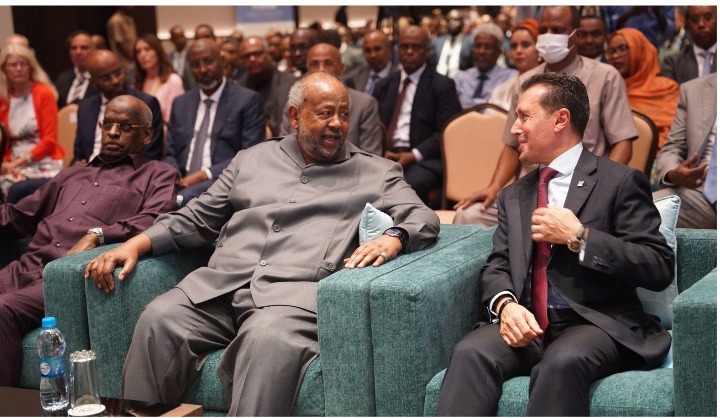
According to the African Development Bank, Djibouti’s economy is projected to grow by 6.5% this year. Under President Ismaïl Omar Guelleh’s Vision 2035 the country is targeting self-sufficiency in energy by using 100% renewables. The country is already enabling investments in wind and solar energy, and geothermal and waste-to-energy are other approaches that are being seriously considered.
With ten undersea cables, and three more in the pipeline over the next 24 months, Djibouti is also poised to become a hub for data centers and technology-related activities. The Djibouti Data Centre is the first and only carrier-neutral data centre facility in East Africa, with access to all major international fibre-optic systems, connecting Europe, the Middle East and Asia Pacific regions with Africa. Improvement of fibre-optic cables is a regional priority, given the recent internet outages in East and West Africa brought about by damage to subsea cables.
The Djibouti Forum is hosted by the Sovereign Wealth Fund of Djibouti (Fonds Souverain de Djibouti), a fund created in March 2020. It is today under the stewardship of CEO, Dr Slim Feriani, a former Tunisian Minister with over 30 years of experience in international capital markets.

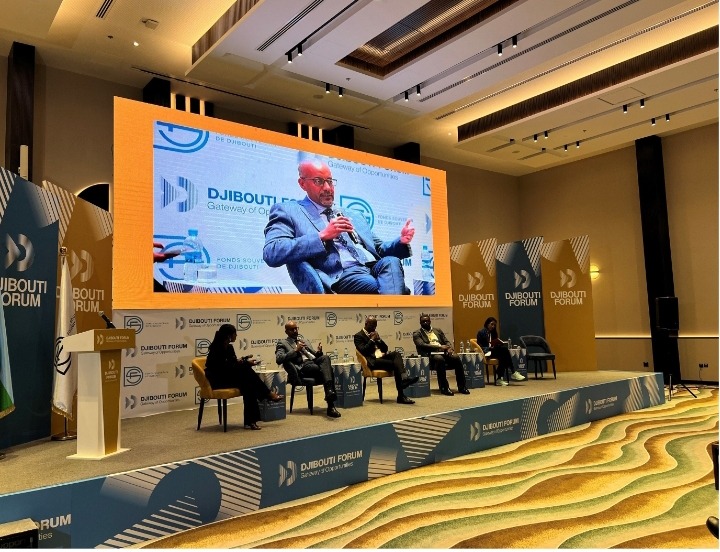



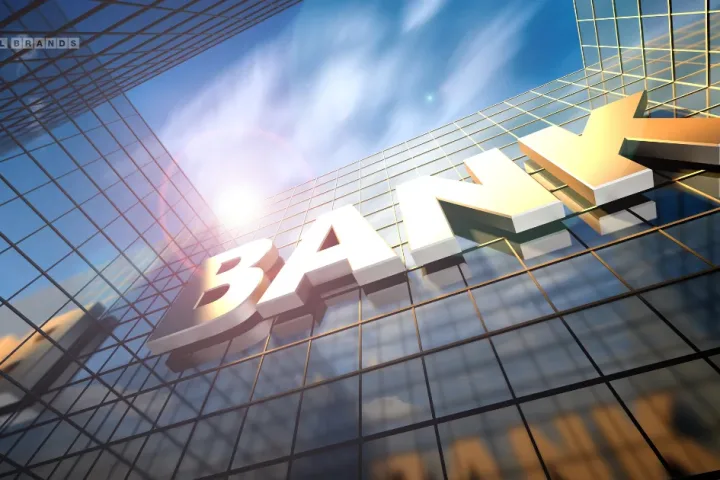







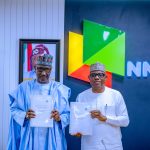


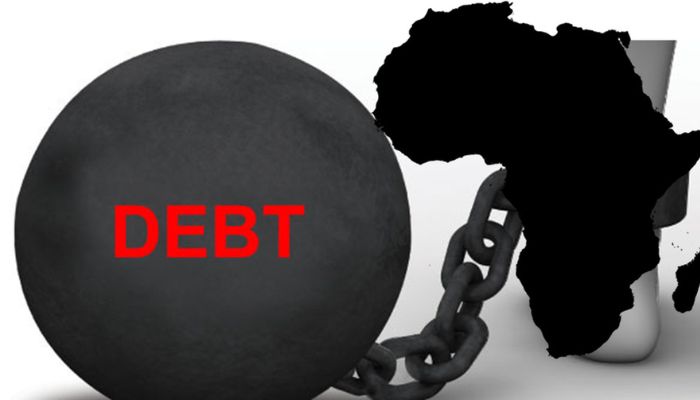
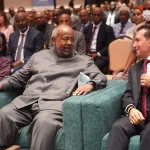
Follow Us